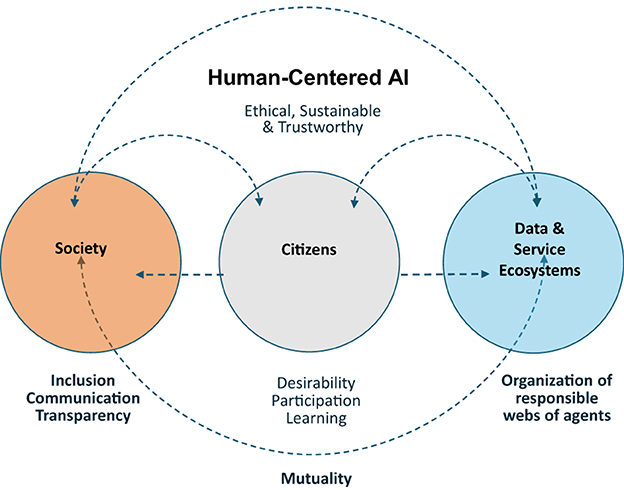Former OpenAI execs call for more intense regulation, point to toxic culture
Former OpenAI board members are calling for greater government regulation of the company as CEO Sam Altman's leadership comes under fire. Helen Toner and Tasha McCauley — two of several former employees who made up the cast of characters that ousted Altman in November — say their decision to push the leader out and "salvage" OpenAI's regulatory structure was spurred by "long-standing patterns of behavior exhibited by Mr Altman," which "undermined the board’s oversight of key decisions and internal safety protocols."
Concerns about Self-Governance and AGI
Writing in an Op-Ed published by The Economist on May 26, Toner and McCauley allege that Altman's pattern of behavior, combined with a reliance on self-governance, is a recipe for AGI disaster. While the two say they joined the company "cautiously optimistic" about the future of OpenAI, bolstered by the seemingly altruistic motivations of the at-the-time exclusively nonprofit company, the two have since questioned the actions of Altman and the company.
"Multiple senior leaders had privately shared grave concerns with the board," they write, "saying they believed that Mr Altman cultivated a 'toxic culture of lying' and engaged in 'behavior [that] can be characterized as psychological abuse.'" "Developments since he returned to the company — including his reinstatement to the board and the departure of senior safety-focused talent — bode ill for the OpenAI experiment in self-governance," they continue. "Even with the best of intentions, without external oversight, this kind of self-regulation will end up unenforceable, especially under the pressure of immense profit incentives. Governments must play an active role."
In hindsight, Toner and McCauley write, "If any company could have successfully governed itself while safely and ethically developing advanced AI systems, it would have been OpenAI." The former board members argue in opposition to the current push for self-reporting and fairly minimal external regulation of AI companies as federal laws stall.

Global Concerns and AI Regulation
Abroad, AI task forces are already finding flaws in relying on tech giants to spearhead safety efforts. Last week, the EU issued a billion-dollar warning to Microsoft after they failed to disclose potential risks of their AI-powered CoPilot and Image Creator. A recent UK AI Safety Institute report found that the safeguards of several of the biggest public Large Language Models (LLMs) were easily jailbroken by malicious prompts.
In recent weeks, OpenAI has been at the center of the AI regulation conversation following a series of high-profile resignations by high-ranking employees who cited differing views on its future. After co-founder and head of its superalignment team, Ilya Sutskever, and his co-leader Jan Leike left the company, OpenAI disbanded its in-house safety team. Leike said that he was concerned about OpenAI's future, as "safety culture and processes have taken a backseat to shiny products."
Controversies and Future Directions
Altman came under fire for a then-revealed company off-boarding policy that forces departing employees to sign NDAs restricting them from saying anything negative about OpenAI or risk losing any equity they have in the business. Shortly after, Altman and president and co-founder Greg Brockman responded to the controversy, emphasizing the importance of safety work and collaboration with governments in navigating the path to AGI.

Conclusion
In the eyes of many of OpenAI's former employees, the historically "light-touch" philosophy of internet regulation isn't going to cut it.




















